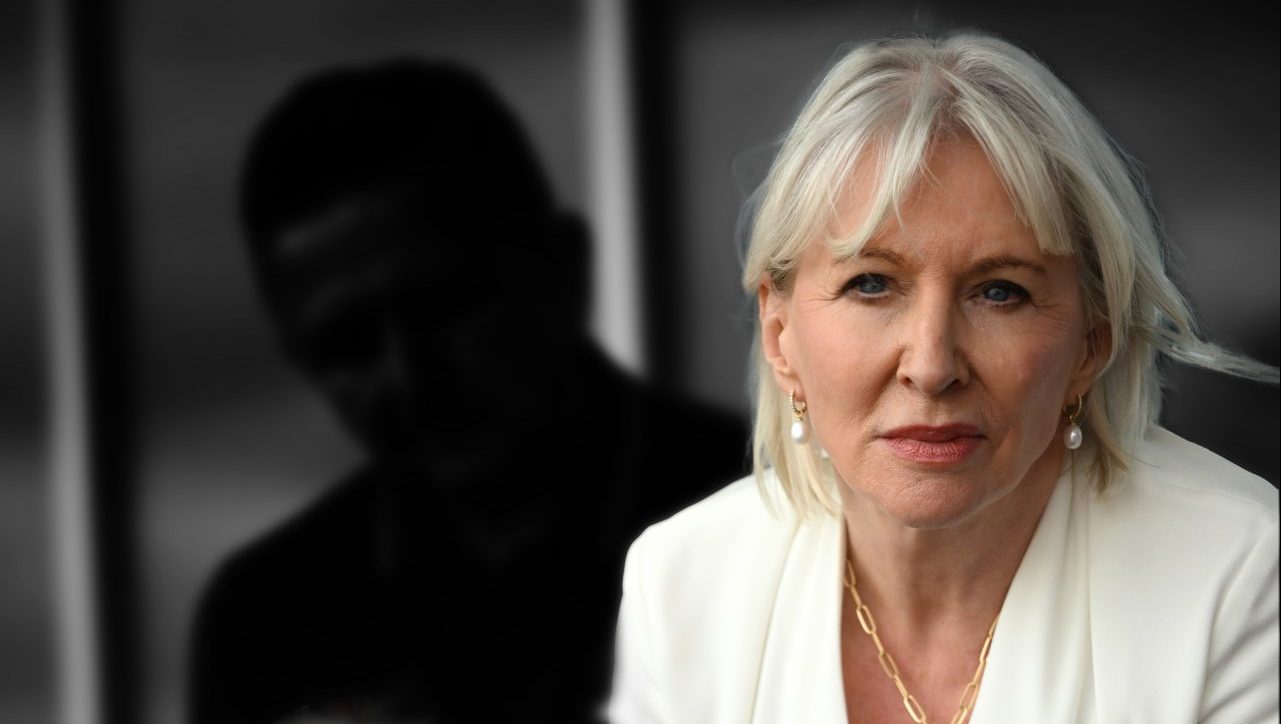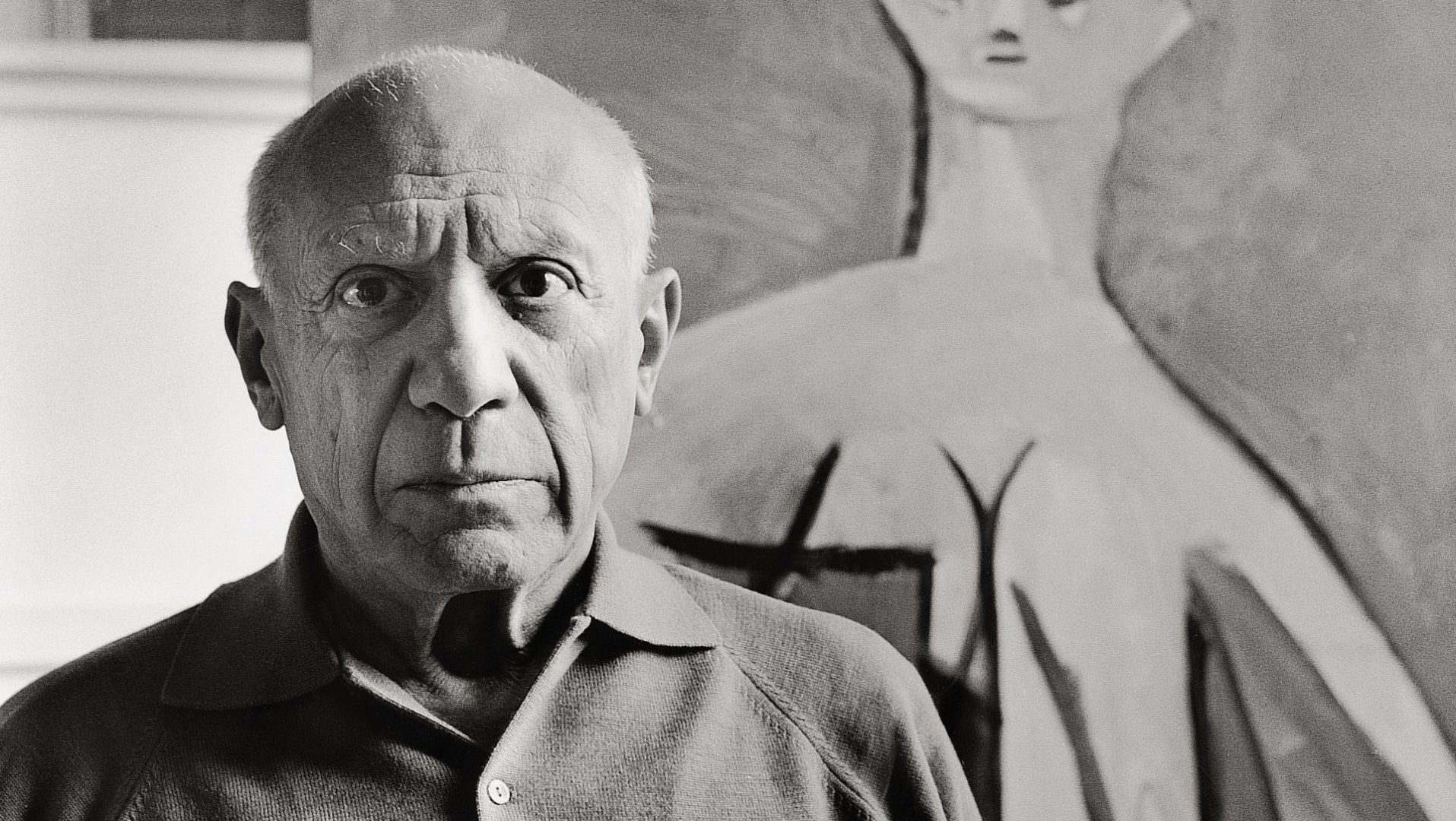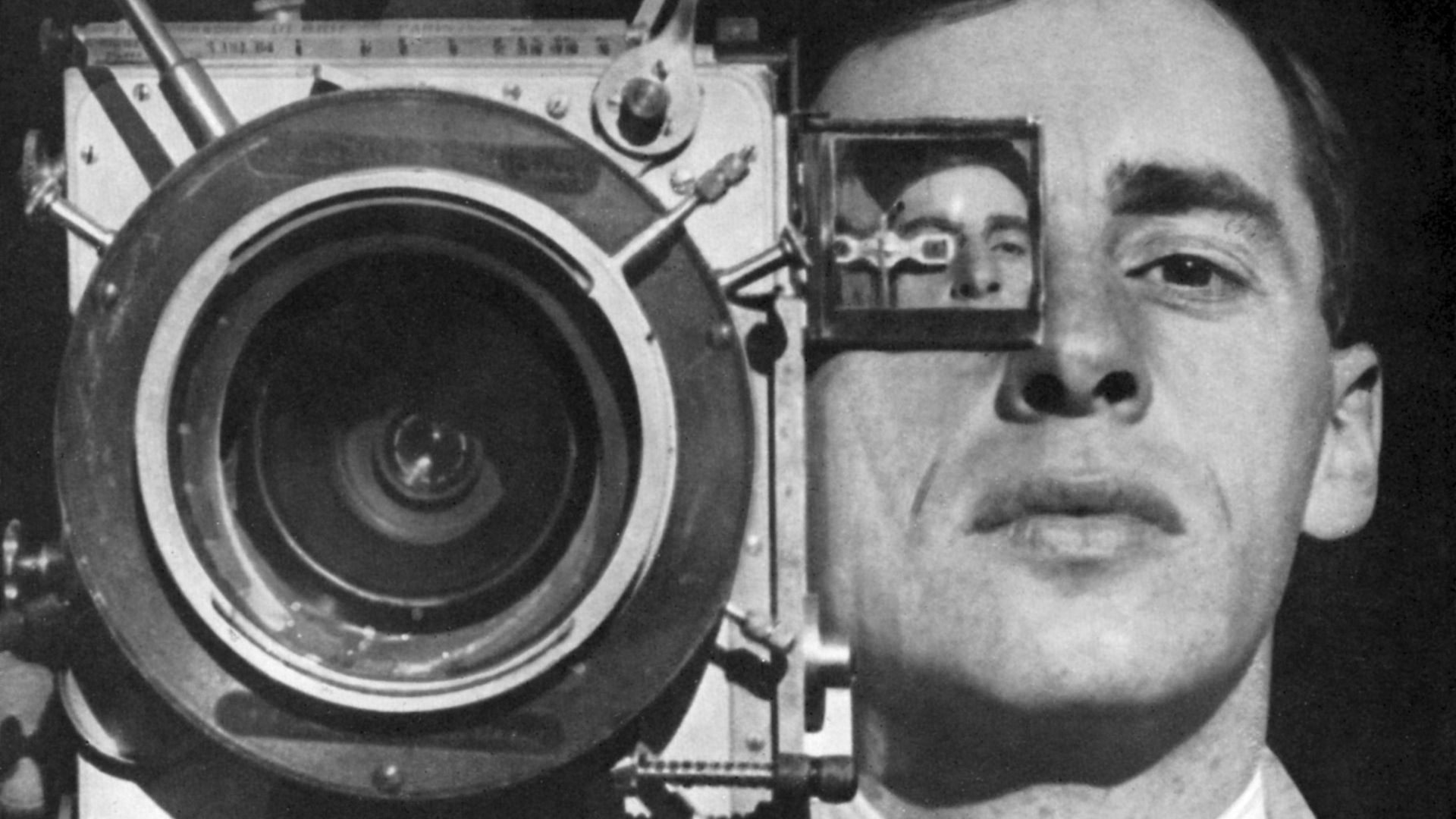Despite having been the proud literary correspondent for this publication for almost seven years, until recently not a single work by the prolific author Nadine Dorries had crossed my desk. There have been quite a few, too, so I’ve no excuse.
Beginning with The Four Streets in 2014, Dorries has turned out no fewer than 16 novels, almost two a year for nearly a decade. This startling productivity would be impressive enough for a full-time writer, but Dorries’ output is even more remarkable considering that until this year she was a full-time member of parliament, not to mention periods elevated to minister of state and secretary of state. Pulling all that off while chained to a demanding literary muse takes some work ethic. What a grafter.
Dorries clearly regards The Plot: The Political Assassination of Boris Johnson, her first venture into non-fiction, as her most important book to date. Indeed, she reveals that while we might have thought she strung out her resignation because she was in a huff about Rishi Sunak overruling the peerage recommendation submitted on her behalf by Boris Johnson, she was actually beavering away at The Plot the whole time. Not for her own benefit, either, and certainly not that of her constituents. No, Dorries was working heroically on something far more important: exposing a shocking threat to the very fabric of British democracy. A threat that is big. Really big. So big it needs some big comparisons.
“This is bigger than me,” Dorries announces in big letters on the back cover of the book, which you might think is pretty big, but wait, it gets bigger.
“It’s bigger than the Tory Party,” she adds, but she’s not finished yet. “It’s bigger than the government.”
Whoa, that sure is big. I mean, seriously big. Yet it is not this extreme bigness alone that confirms The Plot as a particularly important book.
Some books enhance their gravitas with a foreword, others a prologue. Some have an epilogue, others an afterword. If I tell you The Plot has a foreword, prologue, epilogue AND afterword it’s clear this is a volume to be taken very seriously indeed. A serious book tackling seriously big things that are so big I had to keep turning to the back cover to remind myself just how big they are.
In the early pages, before we get to the big stuff, Dorries is keen to stress that while she has been at the heart of government for many years, she is really just one of us. She hails from “one of the poorer areas of Liverpool” she reminds us as early as the first page of the foreword, the foreword that comes before the prologue that comes before the first chapter.
In that first chapter Dorries ushers us into a cabinet meeting where she is keen to evoke as much of the setting as possible. Clearly as one of us she’s proud to be there and rightly so, but the combination of pride and keenness to escort us into the inner sanctum causes her to lose control of her sentences, which run amok for the rest of the book. Here’s an example. Take a long run-up.
“I never could quite feel like I belonged there surrounded by history and grand paintings, that it was my rightful place or my destiny to be sat at that table, and so I made sure I absorbed every tiny detail and felt a thrill run down my spine as, during my time in that room, I began to understand how it is that power, famously for some, eventually corrupts.”
Here’s another.
“The long, well-polished table always gleamed and, as I sat down, placing my red folder on to the green-baize blotting pad in front of me along with the pencil from the carved wooden holder at the head of my blotter, Jacob Rees-Mogg, who sat to my left, and I would always exchange pleasantries.”
It is not often you’re relieved to see Jacob Rees-Mogg but by the time he looms up in that sentence he’s like a life raft in a raging tempest of relentless description.
One wonders how anything gets done at all when everyone in Westminster is wading around knee-deep in adjectives. No 10 Downing Street doesn’t just have a door, it has an “iconic, glossy black door”. A restaurant napkin is of “snowy white linen”. This endless describing becomes bewildering to the point of hallucination. The Thames, for example, is not a river, it is a “silvery snaking ribbon”. Can a silvery ribbon snake? Can a silvery snake ribbon? What is happening to me? Who am I?
Fortunately, the wilder descriptive passages calm down when we reach the nitty gritty. Dorries meets with a political wonk who, during one short meeting in a Westminster pub, turns our heroine into a gumshoe on the trail of a mysterious cabal called The Movement, a shady group who have pulled the strings of the Conservative Party since the twilight of the last millennium. Democracy? Pfft. These guys are in charge, grooming, shuffling and discarding Tory leaders like a Top Trumps of simpering nitwits.
“Call me diver girl from You Only Live Twice,” this contact says for no apparent reason, “it’s my favourite Bond theme tune.”
This sets the theme for Dorries’ investigation: jemmying 007 references into what tiny textual fissures remain between the adjectives. Some are familiar – film titles and well-known characters. Others are obscure and must have taken some deep mining of the farther reaches of IMDB trivia sections.
The most startling of all the Bond references concerns a man known as Dr No, the apparent Svengali behind all these political machinations, the puppeteer-in-chief, a man who has had the run of Westminster for decades. So shady is he, so elusive, that I begin to wonder if he exists at all, whether he’s terrifyingly real or the product of our fevered collective subconscious, a Babadook with a lanyard, Pazuzu in a Charles Tyrwhitt shirt.
Michael Gove, Dominic Cummings and someone called Dougie Smith, who only real politics geeks have heard of but who is apparently really important, are in on the whole caper too, but it’s Dr No who really runs things. And by “things”, I mean the country.
While it is almost comforting to think that if Britain was a normal nation comfortable in its own skin, the only way Liz Truss could ascend to the big chair would be via a small gang of well-connected malevolent weirdos mucking about on WhatsApp rather than a rigorous democratic process, The Plot doesn’t really add up.
For one thing, if all the people in The Plot, from government ministers to spads to, well, pretty much some young fella who did two weeks of photocopying as an intern once know all about it, why have the finest journalistic noses in the country not had a sniff? Why has it taken, with all due respect, Nadine Dorries to blow the lid off the caper? And if these powerful villainous toffs really are pulling the levers of government, why do they persist in giving the top job to inadequate guileless berks?
It doesn’t really help her case that Dorries’ sources are all anonymous and all speak in exactly the same breathlessly pompous style so you can’t tell which is which. Their monologues are reported faithfully by our heroine in interminable slabs of text where paragraph breaks are rare, interspersed with occasional scene-setting details, mostly about coffee – of which gallons are consumed (there is a Withnail and I drinking game where you watch the film matching the characters drink for drink. Do that with the coffee in The Plot and after four sleepless nights you’ll be seeing whole new colours).
I rummaged hard among these caffeine-fuelled torrents of words but could find no actual evidence of a plot. Which is when I realised a plot is incidental to the plot of The Plot. The Plot isn’t really about a plot at all, it’s about a clot.
Dorries’ deep affection for Boris Johnson looms over her opus just as he looms over the cover, turquoise on a black background, shimmering over the Houses of Parliament with an expression on his face designed to convey the weight of prime ministerial office but which looks instead like he’s just realised he’s forgotten his wedding anniversary. On the back cover is a shot of the rear of Johnson’s tousled head, again turquoise against a dark background, not so much ousted PM as exotic sea anemone.
Inside, Johnson is portrayed as both a visionary international statesman solely responsible for lining up the world behind Ukraine and a wide-eyed innocent deeply committed to public service, astounded by everything Dorries tells him, his eyebrows shooting skyward at every revelation. Despite the searing pain of betrayal there are still flashes of the famously hilarious Johnson wit, like the solid gold quippage when Dorries arrived for a meeting and “he told me I was late, which made me laugh, because I was”.
One contact tells Dorries that Johnson’s only fault in office was being “obsessed with delivering on his manifesto promises; he’s a bit old-fashioned like that”. Another claims “the key point about Boris is he is a terribly, terribly nice person”. When his chancellor Rishi Sunak would skirt awkward media duties, our famously camera-shy hero would selflessly step in “because Rishi is really busy with meetings”.
It might just be a clumsily constructed sentence but Dorries even appears to claim that Johnson and Damilola Taylor, the 10-year-old Peckham boy murdered in 2000, were close friends. “Like, literally.”
The only criticism Dorries can summon of this faithful, browbeaten, unfairly usurped colossus is that when she went to Johnson’s Cotswolds home, both lids of the aga were open, meaning the heat was escaping. Selflessly, she closed them.
I emerged from The Plot exhausted because you sense that Dorries herself is exhausted. She’s a busy enough woman as it is, but seeing conspiracies everywhere, noting how everyone she doesn’t like only got where they are by shady machination and plot – the book could conceivably have been called The Da Rishi Code – and single-handedly taking responsibility for the Johnsonian legacy despite the game being rigged by shady wonks must really take it out of her.
If that’s not worth a peerage, well, I don’t know what is.
The Plot: The Political Assassination of Boris Johnson by Nadine Dorries is published by HarperCollins, price £25




